In the sexy new HBO drama Industry, Ken Leung (Lost, The Night Shift, Inhumans) gives a brilliantly understated performance as Eric Tao, a battle-scarred investment banker who dominates the trading floor with a baseball bat and a nervous swagger. It is truly an Emmy-worthy act and one that has him standout as the series’ best character.
This interview has been edited for length and clarity.
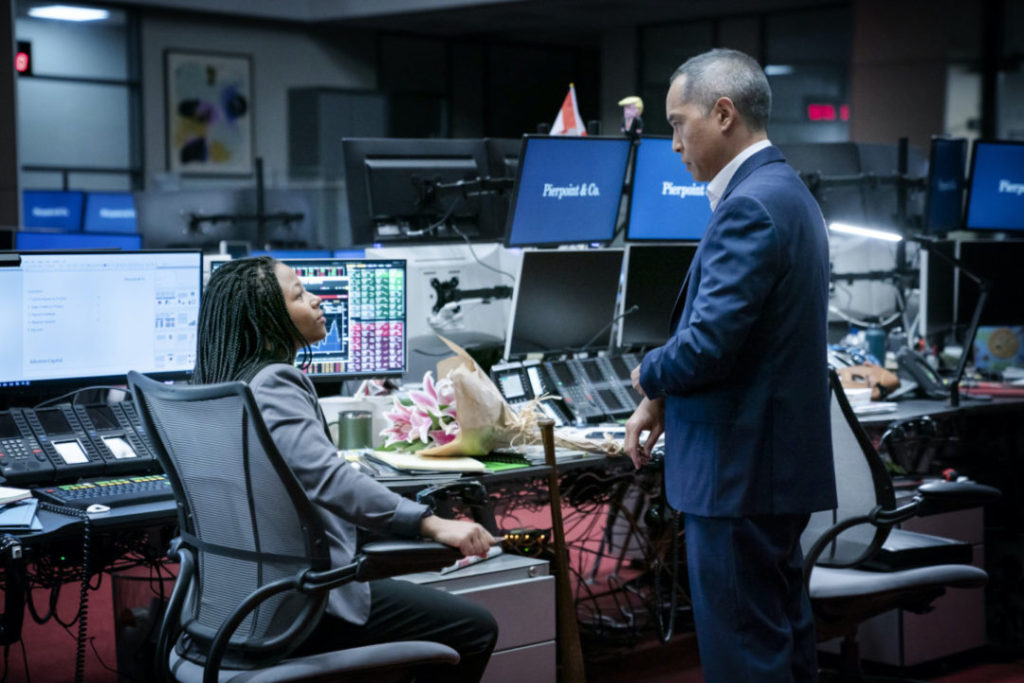
Umapagan Ampikaipakan: Eric is an absolutely fantastic character. With almost everyone else on the show, you kind of know what they’re thinking, but there is this vagueness with Eric. There is a lack of transparency with regards to his motives. And I was wondering what it was like getting into the headspace of a character like that?
Ken Leung: I mean, it looks vague to you, but Eric is not going into a room thinking, how can I best be vague? He’s going into that room with a goal. So I needed to find out what’s going on with him. I needed to make him smile. And he has very specific tasks. So it may come across as vague when in fact you need to watch what he’s responding to. It is something that is happening unconsciously. And I can’t necessarily speak to that.
UA: You’ve done your time in Hollywood, and you’ve done all roles that Asian-Americans often have to do. And whenever I speak to other Asian-Amiercan actors, or Indian Americans, or Latinx Americans, they’ve always said that it doesn’t matter how good your last performance was, there simply just isn’t enough work. Has that changed for you at all?
KL: You know, sometimes it seems like there are enough roles, and sometimes it really seems like there are not. I have not tried to specifically look for roles that call for Asians or Asian-Americans. I try to look for roles that I can bring something to. But I swear, I still get scripts where I have said those exact same lines in three or four other films. You still have that Asian gangster who is described in the same way, talks the same way, and is menacing in the same way. And I’m so tired of it.
I’m tired of being angry. I’m not even angry about it anymore. I just say “no thanks.” And I don’t even have to read that much of the scripts to know exactly what’s going on. It just takes all the fun of it out of it. So, in that sense, I’m sorry to say, but no, there isn’t much change.
But there are all these things now. Obviously, you know Crazy Rich Asians. And Fresh Off he Boat has lasted for multiple seasons. And once in a while we’ll see a role like this one. But again, this role is Asian-American because it was based on somebody who was Asian-American. In this case, it was just luck. Luck that they even considered me.
So does that make things better or worse? I don’t know. If it’s worse, I’m not going to leave the game. I love the game, and I’m in it. I’m in it for other things. I’m in it for those for those reasons. I can only hope that with time and evolution that there will be more roles.
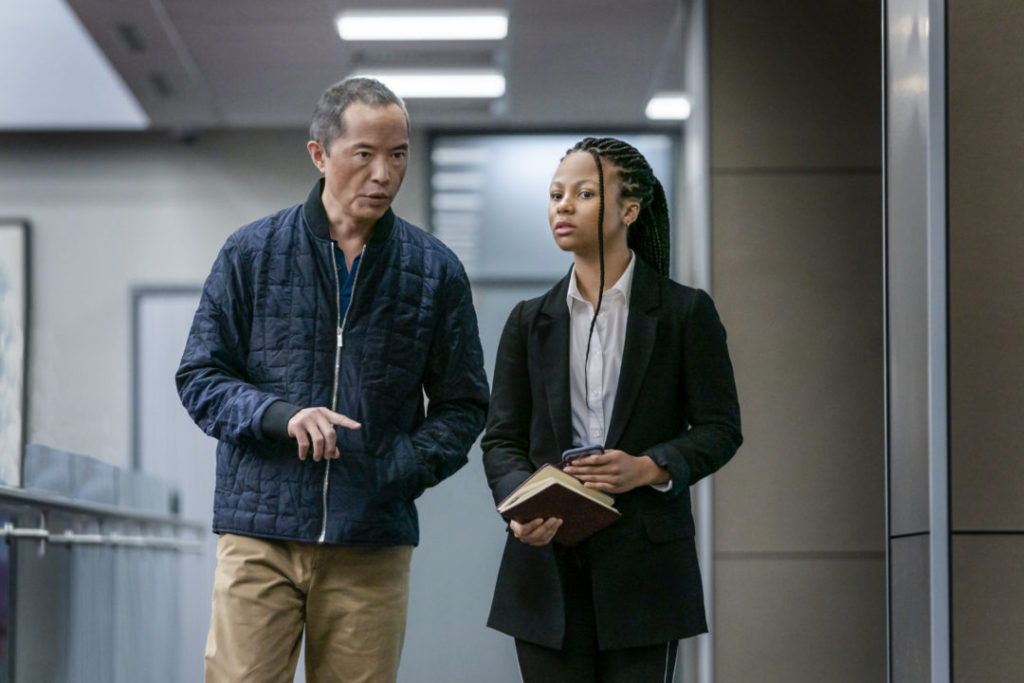
UA: But it’s about having actual roles for Asian actors and not just needing an Asian to fill a role right?
KL: So many times you’ll have characters where the actors just need to be Asian. They just need to be Asian-American. And so then they take the part, and then they get interviewed, and people ask them about the state of Asian-American representation because there’s no role to talk about. There was no acting done. So they were just representing a race of people. Which is something they never got into the game to do, presumably. So everything becomes a little off balance when that happen. It’s like, who are you talking to? Why are you talking to them?
Sometimes it feels like it’s one step forward and two steps back. But there are signs that it’s changing. Hopefully that will continue.
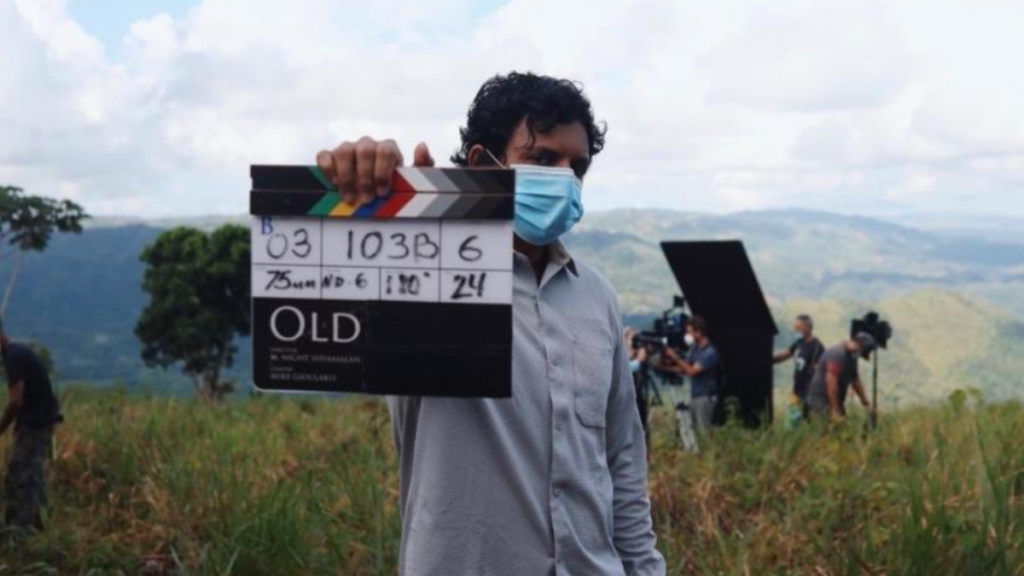
UA: I know you’ve probably signed a million NDAs and have snipers trained in on your location right now, but can you tell us anything about Old, or what it was like working with M. Night Shyamalan?
KL: It was like nothing else. You know, all these words come to mind that I’m reluctant to say then because it sounds corny…
UA: Go ahead, we love corny…
KL: I think part of it was that we did it in a bubble. And I think that created a kind of collective. Where we were very in sync in ways that we didn’t even realize. And because of the nature of the piece, it really served what we were making. And I think I’m allowed to say that it’s unlike any of his previous films in so many ways. I can’t speak for his other films, but for this film, I feel like it really came from such a loving place in him that it made us really come together. And what’s more, with the bubble, it really made us one unit in a way that I’ve I’ve never experienced before. It was really, really beautiful. Breathtakingly beautiful. Obviously, I don’t know how it’s going to come out, or how it’s going to be received, but it is very resonant of the time. It was very appropriate for this time. And he had always said he wanted to make something that could not be made at any other time, or under any other circumstances. So it had to be in this pocket, during this window, and with these people.
And I think we, without question, did that. So it will always exist as a window. In a year of closed windows, it exists as a little crack. So I really, really loved it. I’m super excited about it.

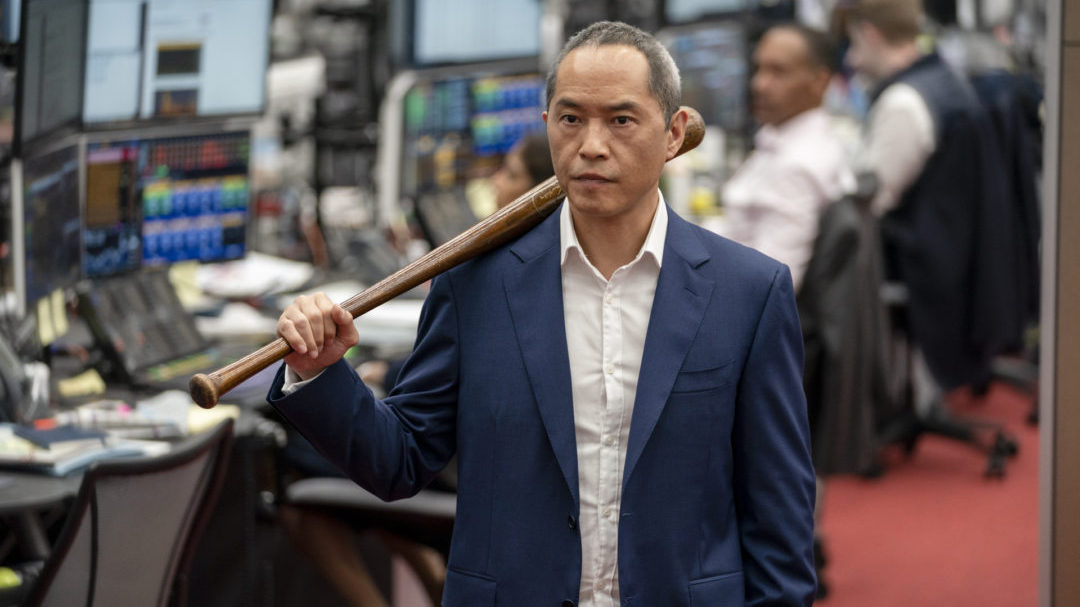

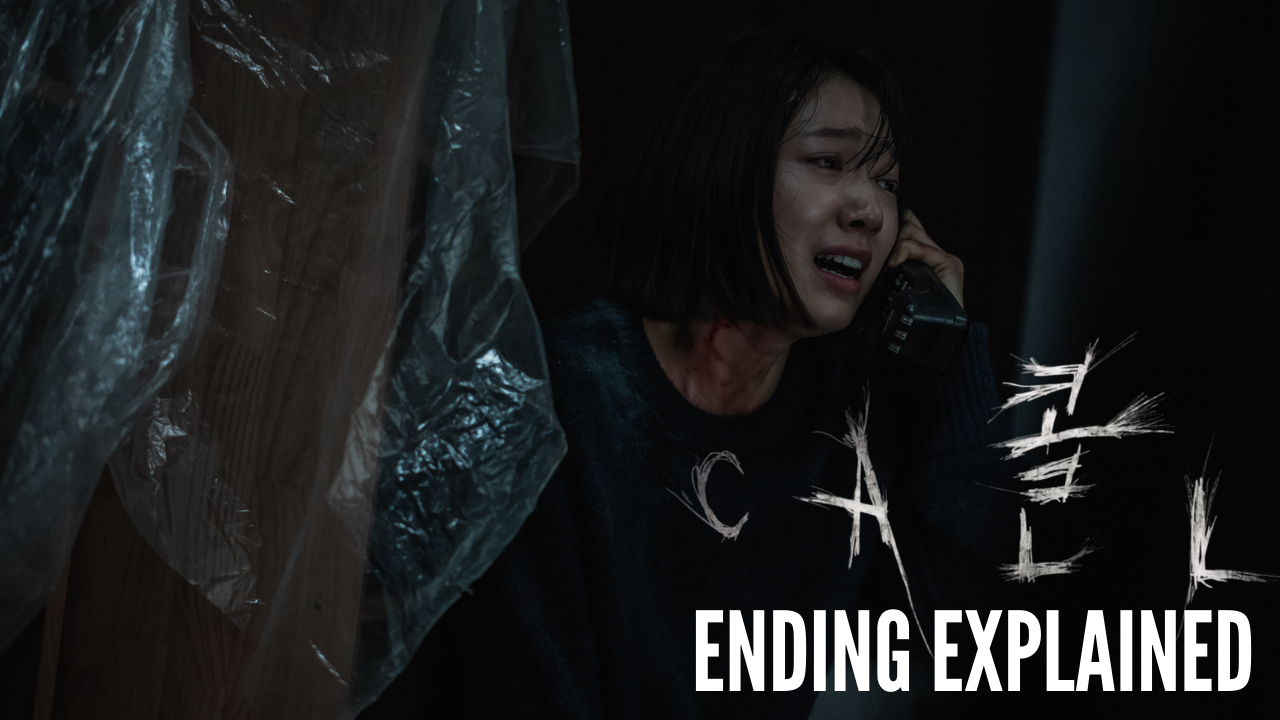
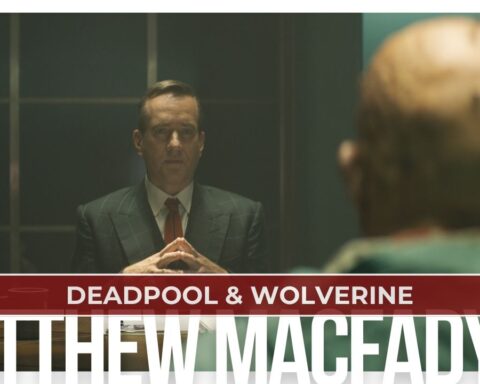
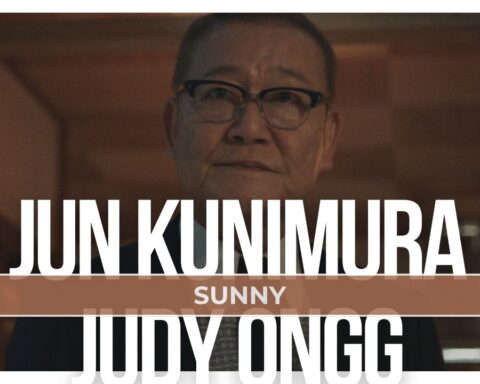
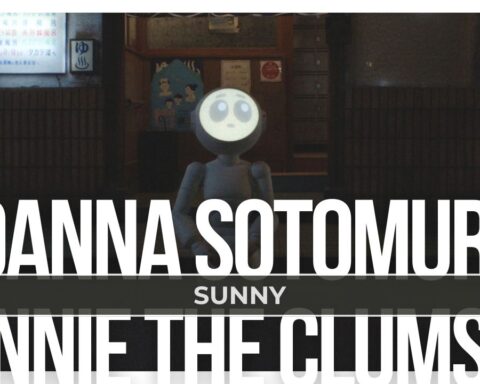
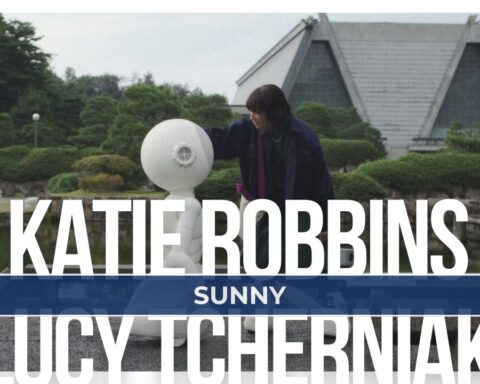
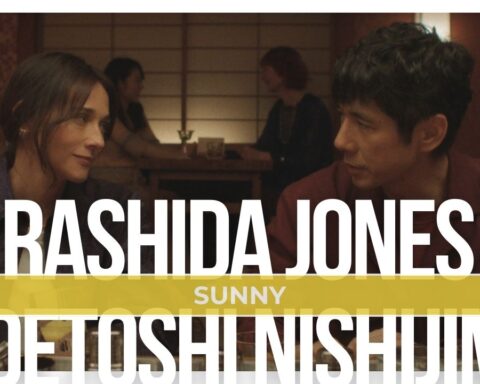
Follow Us